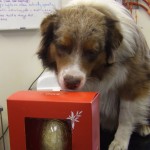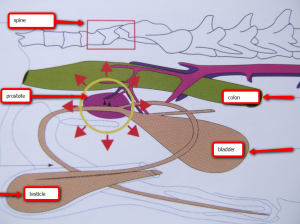We do from time to time at young veterinary partnership have animals that for various reasons may need re-homing.
Currently we have the following cats for good homes:
A long haired tabby male cat, neutered, approximately 2 years old. He has a nice temperament: very laid back!
A short haired tabby female neutered cat approximately 1 year old. She is probably better suited to a home where she is the only cat as she is shy and likes her own company !
Please call 0208 5726788 for further information or to arrange to see one of these pets.








